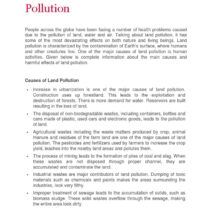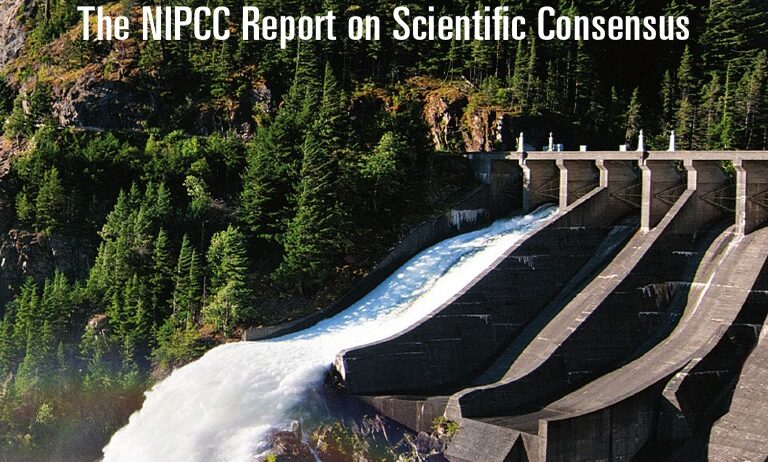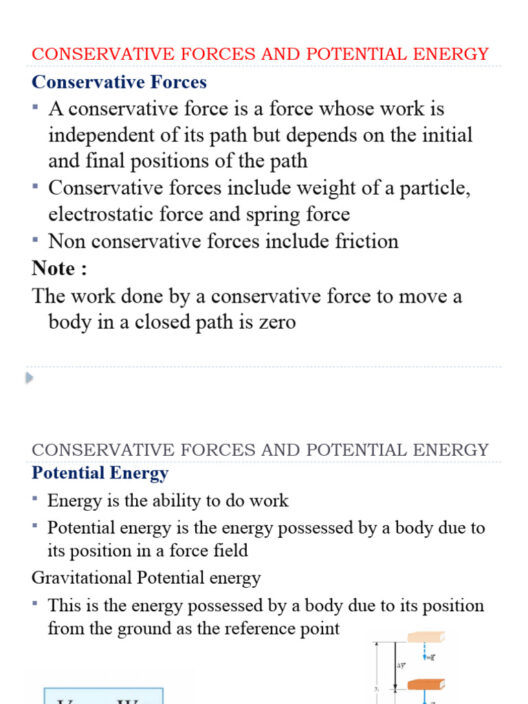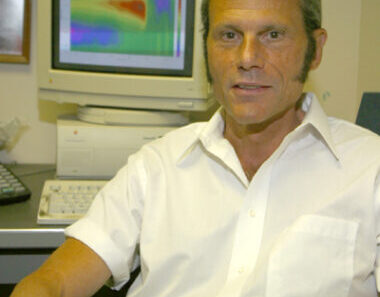In the ever-evolving narrative surrounding climate change, one of the most contentious issues is the scientific consensus on global warming. The question often posed is: Do most scientists agree on this critical matter? Delving into the intricacies of research, surveys, and scientific discourse reveals a compelling picture that transcends mere opinion, painting a portrait of overwhelming consensus among climate scientists.
First, it is essential to delineate what is meant by “consensus.” In the context of climate science, consensus refers to a general agreement among experts in the field regarding the existence and causation of climate change. The overarching consensus posits that global warming is not only occurring but that human activities, particularly the burning of fossil fuels and deforestation, are the primary drivers of this phenomenon. When dissecting various studies and surveys conducted over the last few decades, one finds a consistent result: an overwhelming majority of climate scientists affirm the reality of anthropogenic global warming.
A landmark study published in 2012, analyzing thousands of peer-reviewed climate articles, revealed that among the studies that expressed a position on the causes of climate change, a striking 97.1% endorsed the consensus view that human activities are responsible for rising global temperatures. This figure resonates powerfully within the scientific community and serves as a beacon, guiding further inquiry and discourse on the implications of climate change.
However, despite the overwhelming scientific backing, public perception often diverges from this consensus. This divergence can be attributed to a variety of factors, including misinformation campaigns, media portrayal, and the politicization of climate science. Certain factions within society amplify skepticism regarding climate change, promoting the notion of a “debate” where scientific agreement exists. This framing can obscure the reality that, while scientific inquiry is always welcome, there is a substantial body of evidence that supports the consensus viewpoint.
The Intergovernmental Panel on Climate Change (IPCC), established in 1988, provides regular assessments of the scientific knowledge concerning climate change. Their reports synthesize the latest research and offer comprehensive evaluations of climate-related phenomena, impacts, and potential mitigation strategies. Each assessment demonstrates a clear and resounding agreement among scientists that climate change is real and exacerbated by human action. The nuanced nature of their reports highlights various projections, implications, and uncertainties, ensuring a dynamic understanding of climate science that continues to evolve.
Despite this consensus, one may wonder why the narrative remains fractured. A crucial aspect is the perception of uncertainty within scientific research. Science inherently deals with complexities and variables, and as new data emerges, conclusions may adjust. Some skeptics latch onto this notion of uncertainty, using it as a rationale to question the prevailing scientific views. It is vital to recognize that uncertainty does not equate to disagreement; rather, it underscores the need for ongoing research and vigilance in addressing the myriad challenges posed by climate change.
The role of social media and digital platforms cannot be overstated in shaping public opinion. Algorithms tend to favor sensationalism and controversy, often elevating fringe views and amplifying misinformation about climate change. The juxtaposition of scientific consensus against the backdrop of social media-driven skepticism creates a dissonance that complicates public understanding of real scientific findings. As environmental advocates, one must foster a dialogue that bridges this divide, emphasizing the importance of credible sources and the value of scientific literacy in combating misinformation.
Furthermore, personal experiences and localized events significantly influence individual beliefs about climate change. Extreme weather phenomena, such as hurricanes, wildfires, and floods, have become more frequent and severe, often leaving lasting impressions on those affected. These visceral experiences can inspire greater awareness and can catalyze action in communities. It is essential to harness the power of local narratives, translating abstract scientific data into relatable stories that resonate with people’s lived experiences.
Education plays a pivotal role in shaping perceptions of climate science. Integrating climate education into curricula at all levels can enhance understanding and empower future generations to engage critically with environmental issues. Schools and universities serve as incubators of knowledge, cultivating a culture of inquiry and promoting informed discourse. Furthermore, interdisciplinary approaches that incorporate art, literature, and ethics can broaden the framework through which climate change is understood, inviting diverse perspectives into the conversation.
Engagement with policymakers is equally crucial in translating scientific consensus into actionable legislation. The disconnect between scientific knowledge and political action often hampers progress. Advocating for evidence-based policies that prioritize sustainability, renewable energy, and climate resilience is paramount. As policymakers wrestle with economic considerations, the scientific community must continue to assert the necessity of safeguarding the environment for future generations.
In conclusion, the question of whether most scientists agree on global warming can be answered affirmatively; the weight of scientific evidence and the pronouncements of expert bodies firmly advocate for the understanding that climate change is a reality driven mainly by human activities. However, societal perceptions remain complex and often resistant to this consensus. Through nurturing public understanding, fostering scientific literacy, and bridging the gap between science and policy, we can work towards a more informed populace, ready to address the pressing challenges of climate change and forge a sustainable future.






